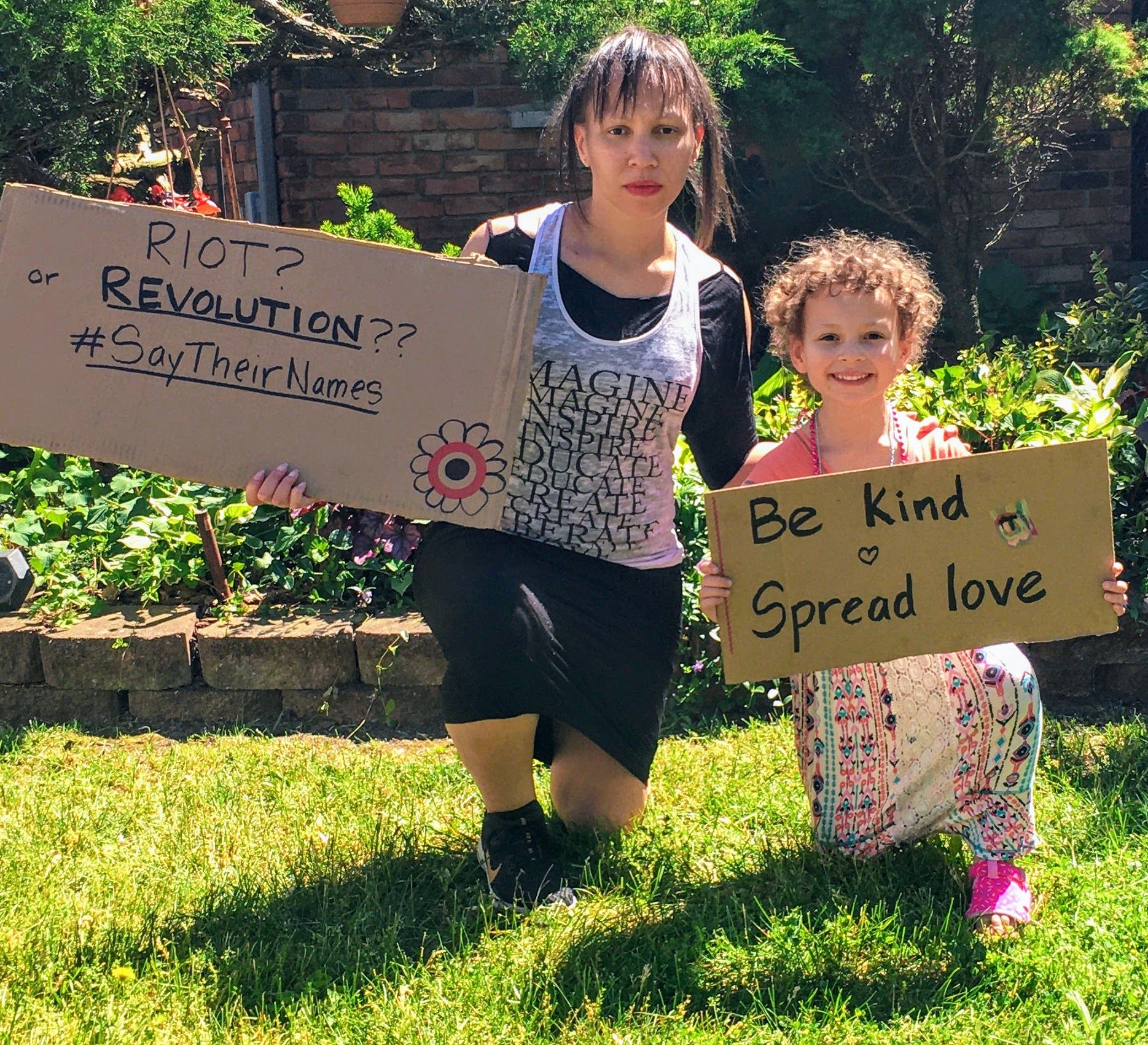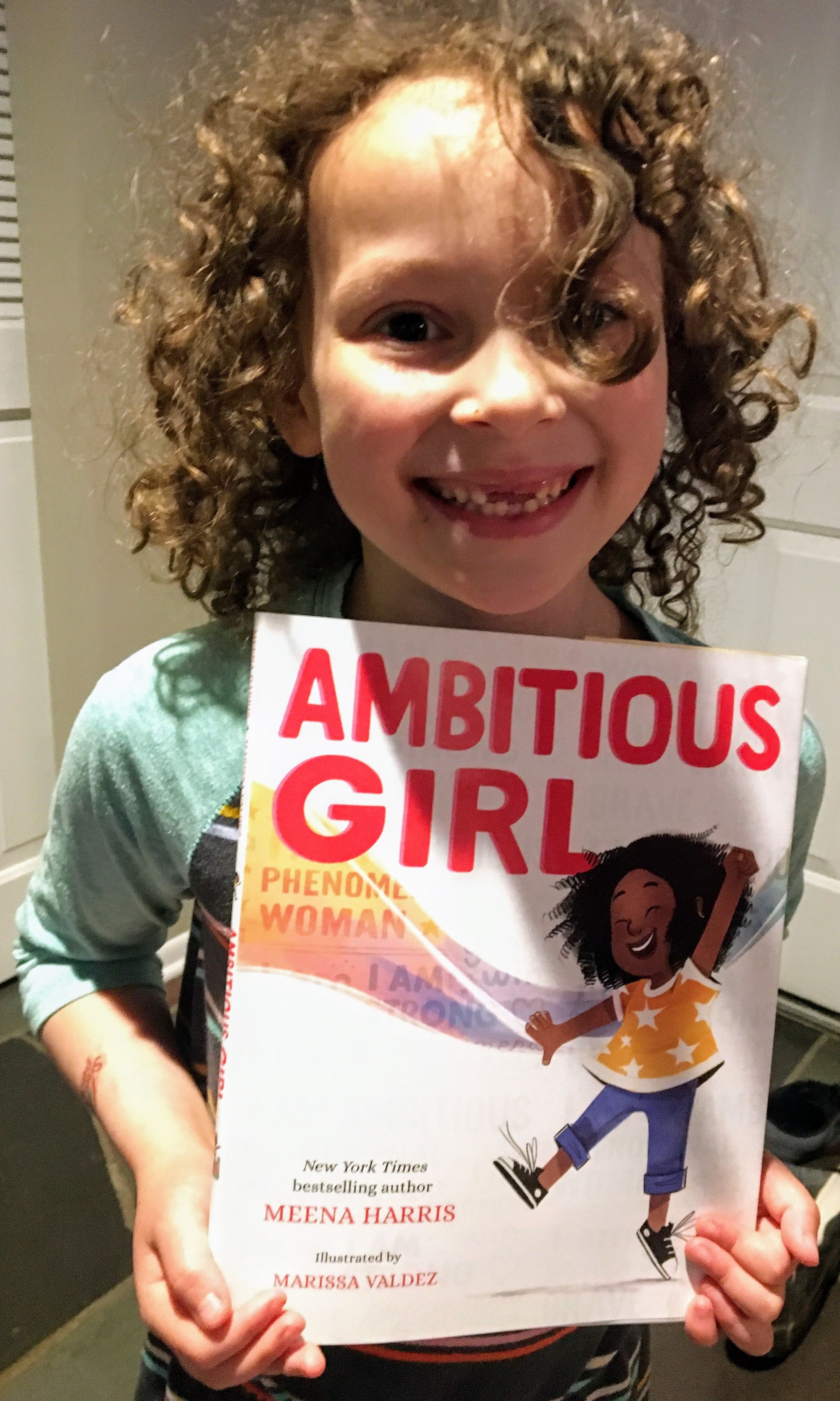"We were slaves in Egypt.”
Each year during Passover, we recite this phrase and we recall the Exodus of the Jewish people as they were led out of mitzrayim and into the homeland of Israel.
As a multiracial Jewish woman, this well known phrase hits a little differently for me. In my head I think, “first we were slaves in Egypt, then we were slaves in America.” I recall the excuses I’ve heard over the years.
Slavery happened such a long time ago.
The Holocaust is over.
Get over it.
But frankly, I’m not over it. I’m not over the American land that was stolen from my indigenous ancestors in exchange for bottles of alcohol. I’m not over the Black Americans who were separated from their families and forced to adopt the names of their slave owners. I’m not over Hitler’s emulation of American Jim Crow laws in 1930s Germany. I’m not over slavery. I’m not over genocide.
I’m not over history, and I’m certainly not over the damages of the watered-down version of it. I’m not over injustices — not any of them.
In this plagued pandemic world where we watch our loved ones behind glass, where hate crimes surge, where people are still murdered simply because of who they are … you ask me now, what makes me feel liberated?
I question — how can I feel liberated, when I watch my people hurt each day? How can I feel liberated when minorities can’t jog, can’t play, can’t work, can’t worship, can’t shop, can’t sleep? How many times will I burst into tears as I hear these stories, and as I tell them?
Noise. Heartbreak. Sadness. Tears.
And just then, a hand brushes my shoulder. I clear my eyes. I’m met with a gentle, genuine hug and softness that leans into my neck.

It’s her. It’s that universal little girl with tan skin and blonde curls that will dance freely to a Billie Eilish mashup, perform soulfully to Andra Day, sing the Mah Nishtana at the top of her lungs — and never stop fighting for what she believes in.
It is in her that I see generations of many people and many ethnicities, who have consistently looked injustice and wrongdoing in the eye and chose love, every time. It is our literal genetic history, and our rich ability to embrace differences and to love unconditionally that liberates me. It’s the way we express our deepest thoughts and tragedies and it’s the intention we put into overcoming each obstacle that liberates me.
May we overcome together. Let us free our minds from mental slavery and denial and find that source of truth that brings us closer to liberation. Let us honor the generation of Moshe Rabbeinu, but not forget the importance of the generation of Joshua. The modern day Moshe’s — the MLKs, Rosa Parks, RBGs — they have paved the way for us on our path to freedom just as Moshe Rabbeinu paved the way for the Jewish people out of bondage.
It is up to us to be the modern day Joshua generation — the generation that hears the voices of the greats, echoes them and acts. Together, let us act for a common vision of real and true liberation for all.
Educate. Elevate. Liberate.
The time is now.
And Happy 6th Birthday, Mimi!

Ashira Solomon is the Community Associate at the Jewish Community Relations Council/American Jewish Committee Detroit, working to build and enhance initiatives in unity, diversity, equity and inclusion.
Comments
Sign in or become a Nu?Detroit member to join the conversation.
Just enter your email below to get a log in link.